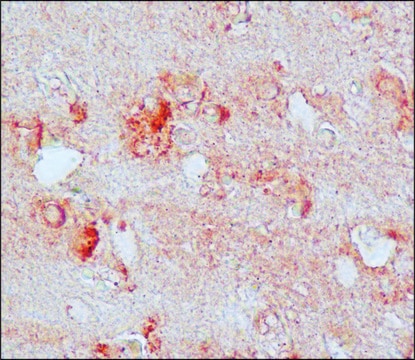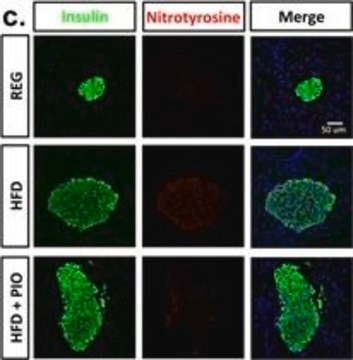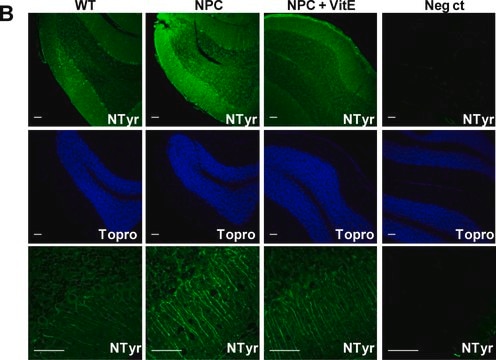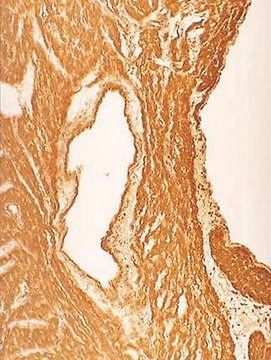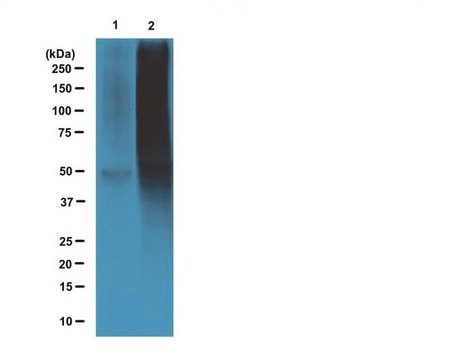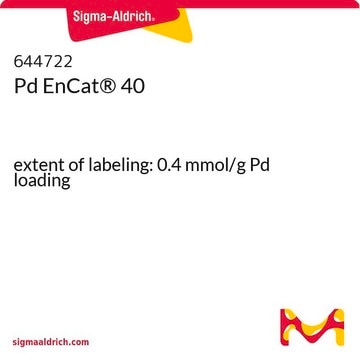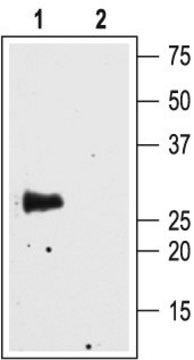N5663
Monoclonal Anti-3-Nitrotyrosine antibody produced in mouse
~1 mg/mL, clone 2A12, purified immunoglobulin, buffered aqueous glycerol solution
About This Item
Recommended Products
biological source
mouse
conjugate
unconjugated
antibody form
purified immunoglobulin
antibody product type
primary antibodies
clone
2A12, monoclonal
form
buffered aqueous glycerol solution
mol wt
antigen ~55 kDa
species reactivity
wide range
concentration
~1 mg/mL
technique(s)
western blot: 1:1,000 using mouse and rat brain
isotype
IgG1
shipped in
wet ice
storage temp.
−20°C
Gene Information
human ... NOS1(4842)
Looking for similar products? Visit Product Comparison Guide
Immunogen
Physical form
Disclaimer
Not finding the right product?
Try our Product Selector Tool.
wgk_germany
WGK 1
flash_point_f
Not applicable
flash_point_c
Not applicable
Certificates of Analysis (COA)
Search for Certificates of Analysis (COA) by entering the products Lot/Batch Number. Lot and Batch Numbers can be found on a product’s label following the words ‘Lot’ or ‘Batch’.
Already Own This Product?
Find documentation for the products that you have recently purchased in the Document Library.
Our team of scientists has experience in all areas of research including Life Science, Material Science, Chemical Synthesis, Chromatography, Analytical and many others.
Contact Technical Service